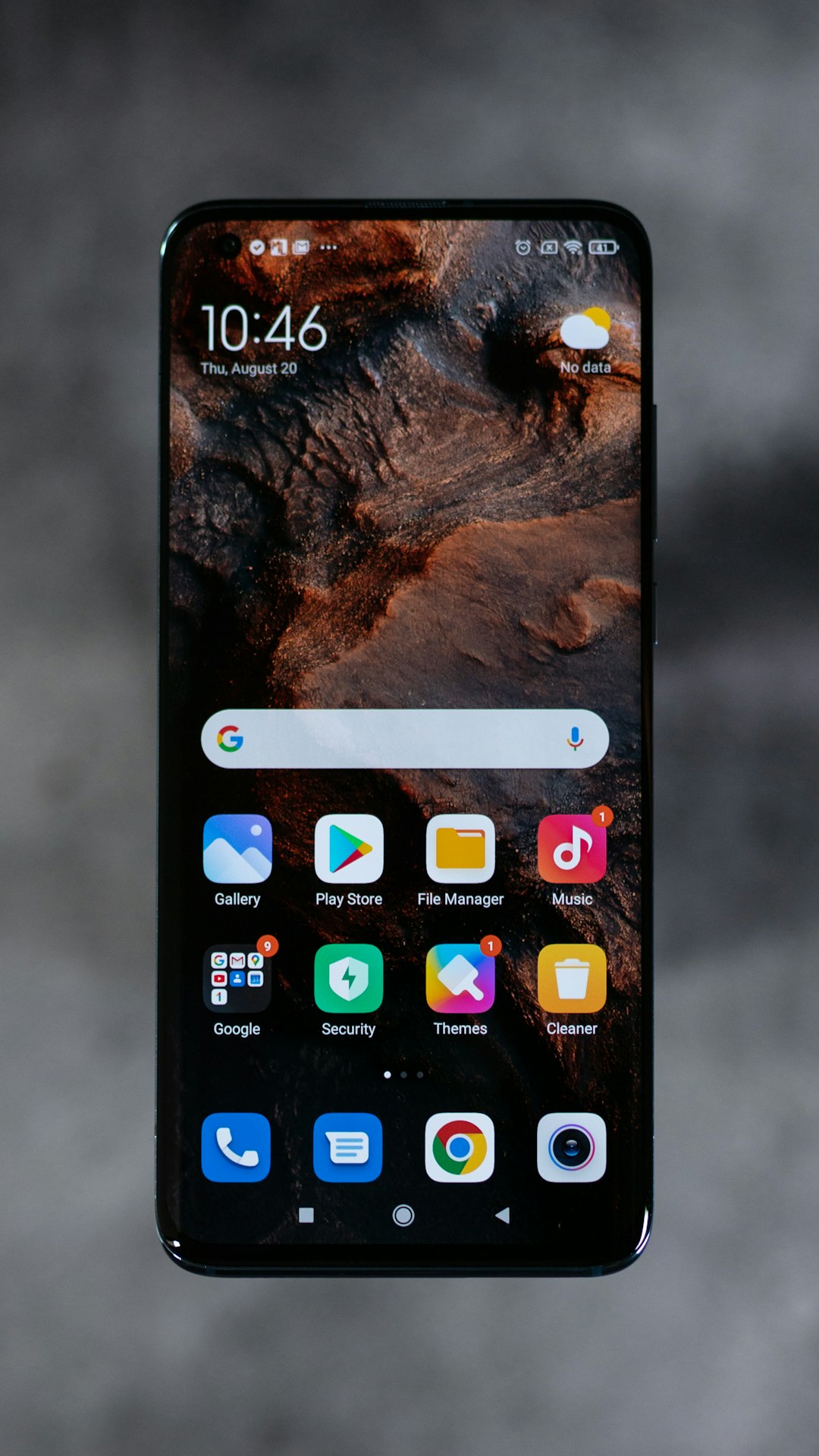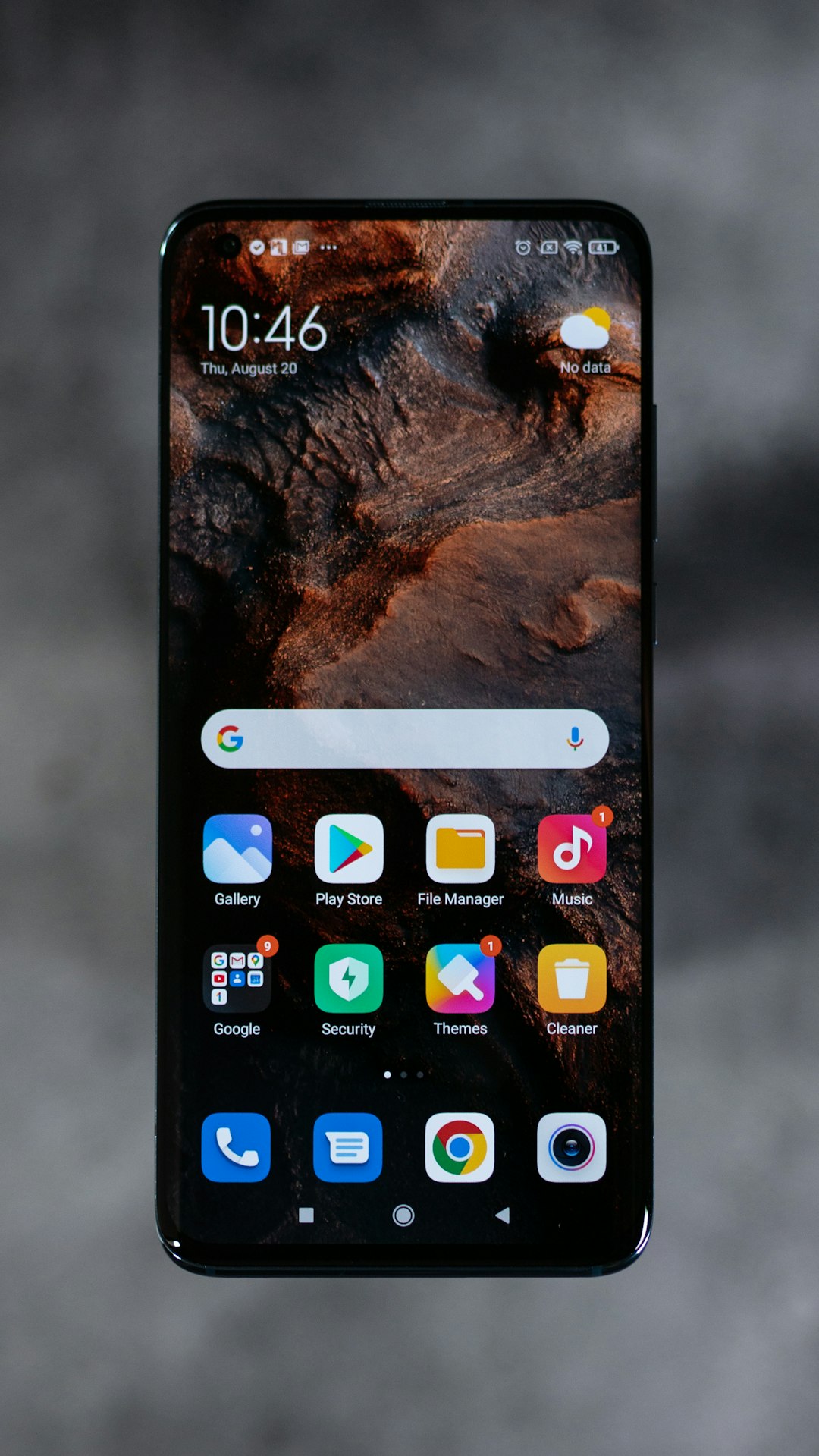In Wisconsin, the Do Not Call law protects residents from unwanted phone solicitations by limiting companies' calling privileges unless they have prior consent. A Do Not Call Lawyer Wisconsin specializes in helping individuals and businesses understand and comply with this legislation, focusing on registration, consent requirements for prerecorded messages (like robocalls), and maintaining privacy rights. The Attorney General's office and Wisconsin Department of Justice enforce these rules, penalizing violators to ensure a respectful and less disruptive telephone communication environment for all Wisconsin residents.
In Wisconsin, prerecorded messages without consent are prohibited under state law, offering valuable consumer protection. This comprehensive guide explores Wisconsin’s Do Not Call Law, delving into what constitutes prerecorded messages and the importance of obtaining explicit consent. We also detail enforcement mechanisms and penalties for violators, empowering residents to understand their rights and hold businesses accountable. For expert insights tailored to Wisconsin’s legal landscape, consult a Do Not Call Lawyer Wisconsin to secure your privacy.
Understanding Wisconsin's Do Not Call Law

In Wisconsin, the Do Not Call law is designed to protect residents from unwanted telephone solicitations and prerecorded messages. This law, also known as the Wisconsin Telemarketing Law, restricts companies from calling telephone numbers listed on the Do Not Call registry unless they have prior consent from the consumer. The primary focus is on preventing intrusive marketing practices, ensuring residents’ privacy, and offering them control over their contact information.
A Do Not Call lawyer in Wisconsin can help individuals and businesses navigate this legislation. These legal professionals can advise on how to properly register numbers, understand the law’s exceptions, and ensure compliance to avoid potential penalties. By understanding these regulations, both consumers and organizations can coexist harmoniously, respecting each other’s right to privacy while engaging in legitimate business practices.
What Constitutes a Prerecorded Message?

In Wisconsin, a prerecorded message is defined as any automated or artificial voice communication that’s been pre-recorded and can be played back at a later time. This includes messages left by businesses, organizations, or individuals using technology to deliver their message en masse. Examples include robocalls, voicemail messages, or even certain types of marketing recordings used in text messages.
When it comes to the Do Not Call Lawyer Wisconsin context, understanding what constitutes a prerecorded message is crucial. A message is considered prerecorded if it’s not being delivered in real-time by a live operator. This means that businesses must obtain explicit consent from individuals before leaving any such messages, or face potential legal repercussions.
Obtaining Consent: Rights and Responsibilities

In Wisconsin, obtaining consent is a crucial aspect when it comes to prerecorded messages. Individuals or businesses aiming to leave automated phone messages must ensure they have the necessary permission from the recipient. This is especially important for Do Not Call Lawyer Wisconsin services, where adhering to consent guidelines is essential for maintaining legal compliance.
The right to privacy and the ability to control one’s communication channels are protected under Wisconsin law. When seeking consent, it’s best to obtain explicit permission through clear and concise messaging. Companies should provide individuals with an option to opt-in or opt-out of receiving automated calls, ensuring a respectful and compliant approach to marketing or informational efforts.
Enforcement and Penalties: Protecting Consumer Privacy

In Wisconsin, the enforcement of the prerecorded messages law is handled by the state’s Attorney General’s office and the Wisconsin Department of Justice. These entities work together to monitor and investigate complaints related to unsolicited prerecorded calls, ensuring compliance with the Do Not Call Lawyer Wisconsin regulations. Businesses found guilty of violating this law can face significant penalties, including substantial fines and potential legal repercussions.
The primary focus is on protecting consumer privacy and preventing nuisance calls. Consumers who receive unwanted automated messages can file a complaint with the relevant authorities, leading to investigations that may result in action against the offending companies. This strict enforcement aims to deter businesses from engaging in practices that invade personal space and disrupt daily life, thereby fostering a more respectful and compliant telephone communication environment in Wisconsin.






